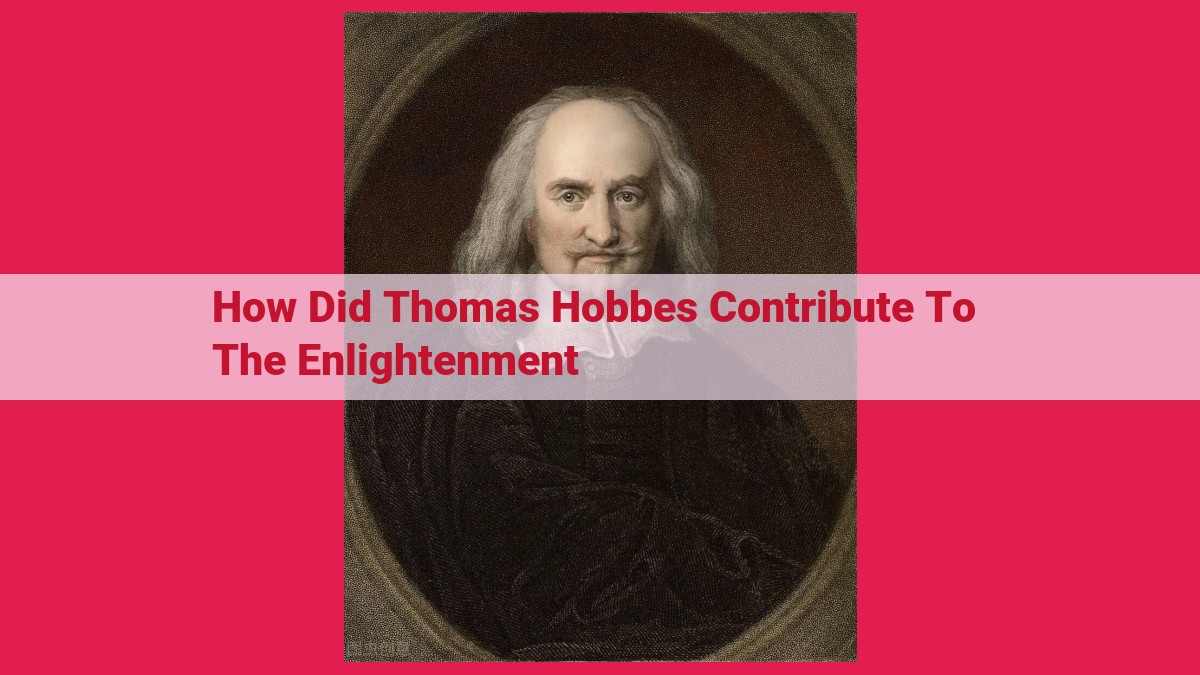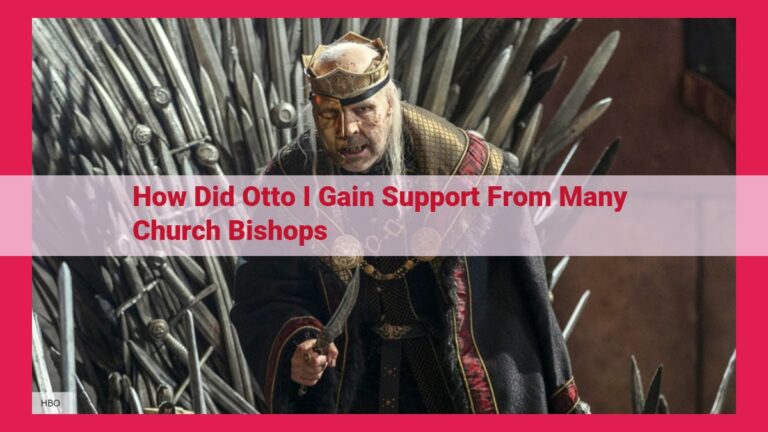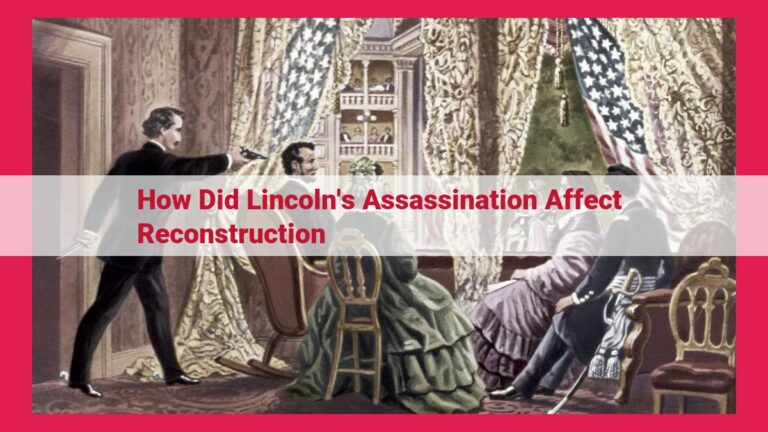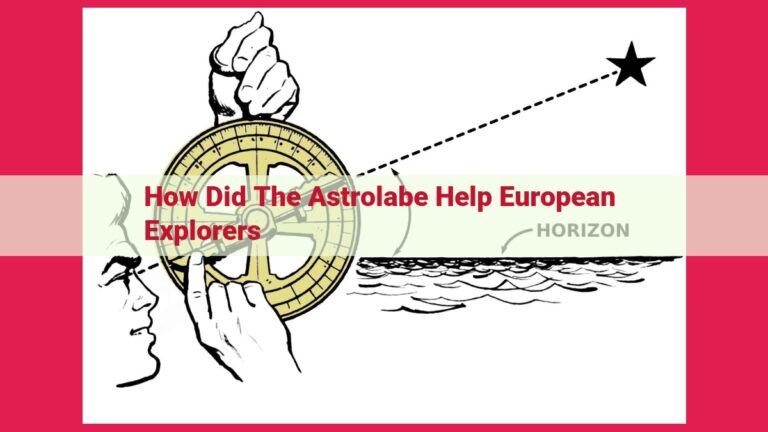Thomas Hobbes And The Enlightenment: Exploring The Social Contract And Absolutism

Thomas Hobbes contributed to the Enlightenment by theorizing the “natural state” as a state of war, necessitating the emergence of a powerful sovereign (the Leviathan) to restore order through a social contract. This contract entailed reciprocal obligations between citizens and the state, recognizing certain natural rights and civil liberties. Hobbes’s theory of absolutism emphasized the unchallengeable power of the sovereign, challenging traditional views of divine right and setting the stage for Enlightenment debates on state power. His rationalism influenced Enlightenment philosophers, while his emphasis on reason and empiricism laid the groundwork for a more scientific understanding of the world.
The Natural State and the Leviathan: Escaping the Anarchy of a War-Torn World
In the realm of political philosophy, Thomas Hobbes painted a grim picture of our natural state: a realm of perpetual war and chaos. According to Hobbes, without the rule of law, human nature would reduce us to a state of constant conflict, where life would be solitary, poor, nasty, brutish, and short.
Faced with the horrors of the natural state, humanity’s salvation lay in the creation of a powerful sovereign—the Leviathan. This Leviathan, a metaphor for the state, would possess absolute authority, wielding a monopoly on violence to enforce order and protect the citizens from the dangers of chaos. Hobbes believed that individuals would willingly surrender their freedoms to this all-powerful state in exchange for the promise of peace and security.
The Social Contract and Rights: A Framework for Society
In a realm of ceaseless conflict and chaos known as the “natural state,” English philosopher Thomas Hobbes envisioned a revolutionary solution: the social contract. This enlightened concept laid the foundation for an organized society, where the state, as an embodiment of communal power, emerges to protect and regulate its citizens.
The social contract, as outlined by Hobbes, is a reciprocal agreement between individuals and the Leviathan, a supreme authority that commands absolute loyalty. Citizens willingly surrender a portion of their freedoms to the state in exchange for the protection and security it provides. This exchange creates an intricate web of rights and responsibilities, ensuring a harmonious coexistence.
Natural Rights: Inherent Possessions
The social contract acknowledges the existence of inalienable natural rights, inherent to all individuals from the moment of birth. These rights, such as the right to life, liberty, and property, are considered fundamental and cannot be taken away by the state. They serve as a safeguard against arbitrary power and ensure the preservation of human dignity.
Civil Liberties: State-Conferred Protections
In addition to natural rights, the social contract establishes civil liberties, specific freedoms that the state guarantees to its citizens. These include freedom of speech, religion, and the right to a fair trial. Civil liberties are essential for the flourishing of a just and democratic society, empowering individuals to express themselves freely and participate in the decision-making process.
Reciprocal Obligations: A Shared Responsibility
The social contract is not merely a one-sided arrangement; it entails reciprocal obligations between citizens and the state. Citizens must obey the laws, pay taxes, and support the government in return for the protection and benefits they receive. The state, in turn, has the responsibility to uphold the law, provide for the welfare of its people, and safeguard their rights.
By entering into the social contract, individuals create a society where order and justice prevail. Natural rights ensure their fundamental freedoms, while civil liberties empower them to lead fulfilling lives. In this delicate balance between individual rights and state authority, the social contract forms the bedrock of a stable and prosperous civilization.
State Power and Absolutism in Hobbes’s Philosophy
In the realm of political thought, Thomas Hobbes’s ideas on state power and absolutism left an indelible mark. Hobbes envisioned a world devoid of any governing authority, a chaotic and perilous realm he termed the “natural state.” In this state, life was a constant struggle for survival, a “war of all against all.”
To escape the horrors of the natural state, Hobbes proposed the Leviathan, an all-powerful sovereign with the authority to enforce peace and security among its subjects. This sovereign, he argued, was not bound by any laws except those of nature. Hobbes saw absolutism as the only viable solution to the chaos of the natural state.
Hobbes’s belief in divine right supported his absolutist views. He believed that the Leviathan’s authority was divinely ordained, extending beyond mere human power. This idea of divine right granted the sovereign absolute and unchallengeable power over its subjects.
During the Enlightenment, Hobbes’s absolutist ideas faced challenges. John Locke argued that the Leviathan’s power should be limited to prevent tyranny. He proposed a social contract where citizens surrender some freedoms to the state in exchange for protection of their rights.
Jean-Jacques Rousseau took Locke’s ideas further, emphasizing popular sovereignty. Rousseau believed that the Leviathan’s power should be derived from the consent of the governed, paving the way for democratic theories.
Despite the challenges, Hobbes’s ideas on state power and absolutism remained influential in shaping political thought. His emphasis on the dangers of anarchy and the need for a strong authority resonated with rulers and theorists alike. His concept of the Leviathan became a metaphor for the powerful state that would shape the course of human history.
Enlightenment Epistemology: The Clash of Rationalism and Empiricism
The Seeds of Enlightenment Thought
The Enlightenment, a vibrant era of intellectual awakening in the 17th and 18th centuries, saw the emergence of two dominant epistemological approaches: rationalism and empiricism. Rationalists, led by René Descartes, advocated for the power of reason and deduction as the primary sources of knowledge. They believed that clear and distinct ideas, derived through introspection and logical reasoning, could lead to universal truths.
Influence of Hobbes on Rationalist Thought
Thomas Hobbes, whose political philosophy laid the foundation for the Enlightenment, had a profound influence on rationalist thinkers. Hobbes’s emphasis on the natural state as a state of war and the need for a strong central authority to enforce order resonated with rationalists. They saw in his ideas a validation of their own faith in the power of reason to impose order on chaos.
The Rise of Empiricism
As rationalism flourished, a contrasting epistemological approach gained traction: empiricism. Empiricists, such as John Locke and David Hume, rejected the notion of innate ideas and argued that all knowledge was derived from sensory experience. They believed that observation, experimentation, and inductive reasoning were the true paths to understanding the world.
Empiricism’s Influence on the Enlightenment
Empiricism played a significant role in shaping Enlightenment thought. It challenged the rationalist emphasis on deductive reasoning and encouraged a more scientific and experimental approach to inquiry. Empiricists contributed to the development of new scientific methods, such as the experimental method, which laid the groundwork for advancements in fields like physics and biology.
The Convergence of Rationalism and Empiricism
Despite their differences, rationalism and empiricism coexisted and influenced each other during the Enlightenment. While rationalists remained committed to the power of reason, they gradually recognized the importance of sensory experience. Conversely, empiricists, while emphasizing the role of observation, also acknowledged the value of logical thought. This convergence led to a more nuanced understanding of how knowledge is acquired and contributed to the intellectual dynamism of the Enlightenment.
Hobbes’s Profound Influence on the Enlightenment
Thomas Hobbes, the renowned 17th-century philosopher, left an indelible mark on the intellectual landscape of the Enlightenment. His provocative political ideas provided a foundational framework for the revolutionary thinkers of this era.
Hobbes’s Insights on the Social Contract
Hobbes argued that in the “state of nature”, humans lived in a perpetual state of war, characterized by constant fear and uncertainty. To escape this anarchy, individuals entered into a “social contract”, surrendering some of their natural liberties to a powerful sovereign or “Leviathan”. This sovereign would protect citizens from violence and chaos, ensuring their safety and well-being.
Implications for State Power
Hobbes’s theory of the “divine right of kings” justified the absolute authority of the state. He believed that citizens had an unconditional obligation to obey the sovereign, regardless of their actions. This view radically challenged traditional notions of limited government and individual rights.
Enlightenment Critique and Transformation
While Hobbes’s ideas influenced Enlightenment thinkers, they also subjected them to rigorous scrutiny. Philosopher John Locke argued that the social contract implied reciprocal obligations between citizens and the state. He emphasized the importance of natural rights and limited government, rejecting Hobbes’s authoritarian tendencies.
Hobbes’s Legacy on Enlightenment Thought
Hobbes’s political philosophy provided a catalyst for the Enlightenment’s critique of absolutism. It encouraged thinkers to question established authority and explore alternative models of government. Ultimately, Hobbes’s ideas helped lay the groundwork for the development of modern liberal democracy.
In conclusion, Thomas Hobbes’s political thought profoundly shaped the intellectual landscape of the Enlightenment. His insights on the social contract, state power, and human nature provoked debate and advanced Enlightenment thinkers’ understanding of the relationship between individuals and the state. His legacy continues to resonate in contemporary political thought and remains a testament to his enduring influence on the human intellectual tradition.





